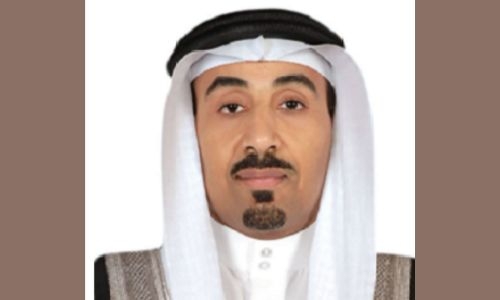The Gulf Cooperation Council (GCC) Interconnection Authority has been working diligently since its inception in 2009 to prevent power outages in the GCC nations. The Authority has intervened over 2,700 times to address power supply issues, particularly during the scorching summer months when temperatures soar to record-breaking levels. Ahmed Al Ebrahim, the CEO of the Authority, highlighted the significant increase in temperatures this summer, surpassing historical averages. This has led to a surge in electricity demand, with the GCC experiencing record-breaking consumption in June, exceeding historical peak loads for the region.
The interconnection network has proven its ability to handle sudden spikes in demand and unexpected outages, preventing widespread blackouts that could have severe implications on economies and daily life. The increase in demand ranged from 3% to 10% across different countries, with further increases expected if current weather conditions and high temperatures persist, especially in August as people return from vacations and consumption rises. To meet the growing demand, the Authority has initiated several expansion projects, including enhancing the interconnection with Kuwait through the construction of new power lines and a new power station.
One of the Authority’s major projects is the expansion of the interconnection with Kuwait, which aims to provide Kuwait with approximately 2,500 megawatts of power and pave the way for future interconnection with southern Iraq. Construction on this project began in 2023, with completion anticipated in the latter half of 2025. This project is the largest undertaken by the Authority, highlighting its commitment to ensuring a stable and reliable power supply across the GCC nations. With the Authority’s proactive measures and strategic expansion projects, it is well-equipped to meet the growing demand for electricity in the region, particularly during times of extreme weather conditions and high temperatures.
As the heat waves and scorching temperatures continue to impact the region, the role of the GCC Interconnection Authority has become more critical than ever in ensuring a stable power supply and preventing power outages. CEO Ahmed Al Ebrahim emphasized the importance of the interconnection network in handling sudden spikes in demand and unexpected outages, thereby averting widespread blackouts. With the GCC experiencing record-breaking electricity consumption and exceeding historical peak loads, the Authority’s interventions have been essential in maintaining a reliable power supply across the GCC nations, even during times of increased demand.
The expansion projects undertaken by the Authority, including the enhancement of the interconnection with Kuwait, demonstrate its commitment to meeting the growing demand for electricity in the region. By building new power lines and a new power station, the Authority aims to provide Kuwait with additional power capacity and establish the groundwork for future interconnection with southern Iraq. These expansion projects are crucial in ensuring a stable and reliable power supply across the region, especially during times of extreme weather conditions and high temperatures. With the completion of these projects, the Authority will be better equipped to address the increasing demand for electricity and prevent power outages in the GCC nations.
In conclusion, the Gulf Cooperation Council (GCC) Interconnection Authority plays a vital role in ensuring a stable power supply across the GCC nations, particularly during times of extreme weather conditions and high temperatures. The Authority’s interventions have prevented power outages and blackouts, maintaining a reliable electricity supply even during periods of increased demand. By undertaking strategic expansion projects, such as enhancing the interconnection with Kuwait, the Authority is preparing to meet the growing demand for electricity in the region. With its proactive measures and commitment to reliable power supply, the GCC Interconnection Authority is well-positioned to address the challenges posed by extreme weather conditions and ensure uninterrupted electricity supply for the GCC nations.





















